Optimal Timing for Concrete Repairs
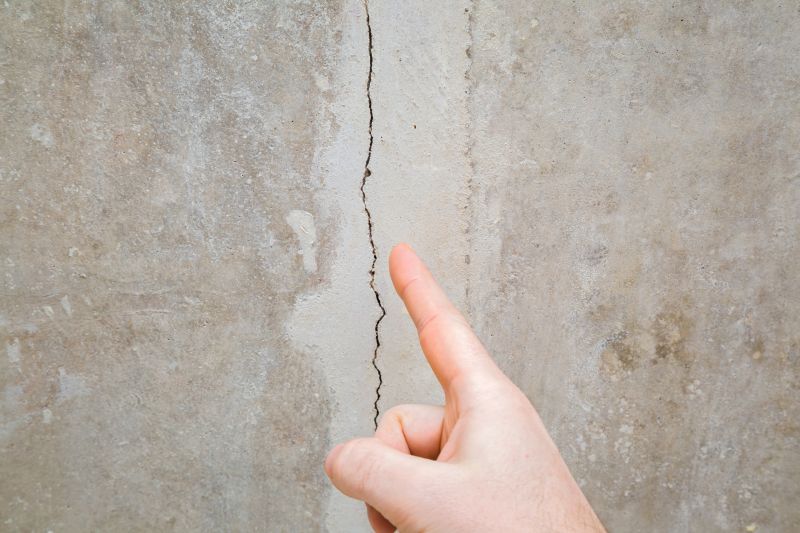
Spring offers moderate temperatures ideal for effective concrete repairs, reducing the risk of cracking or improper curing.
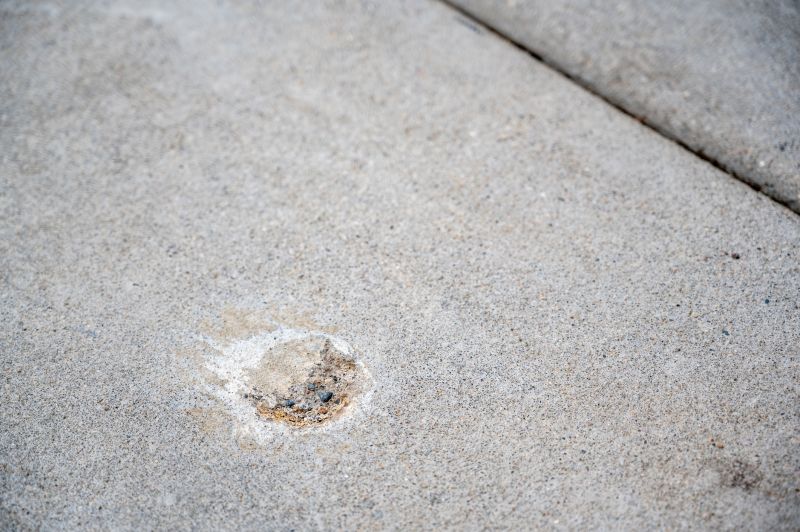
Summer repairs require precautions against high heat and rapid drying, which can affect the quality of repairs.
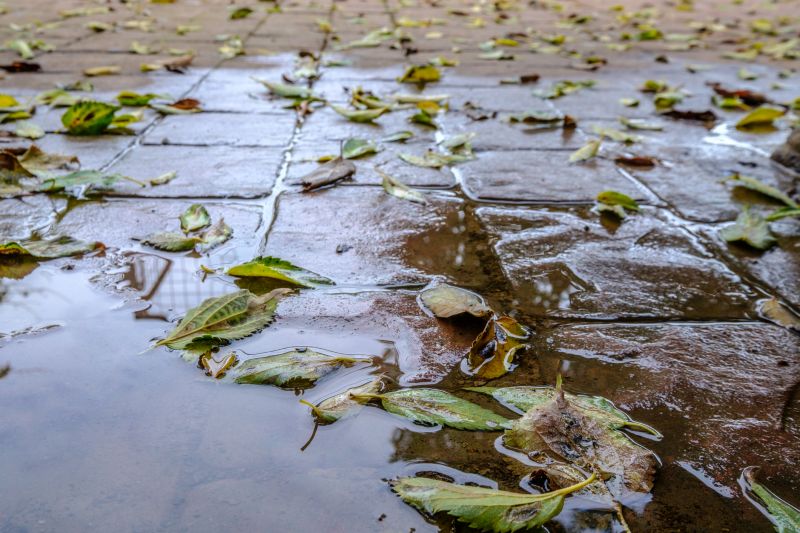
Fall provides cooler weather and stable temperatures, making it suitable for completing concrete repairs before winter.
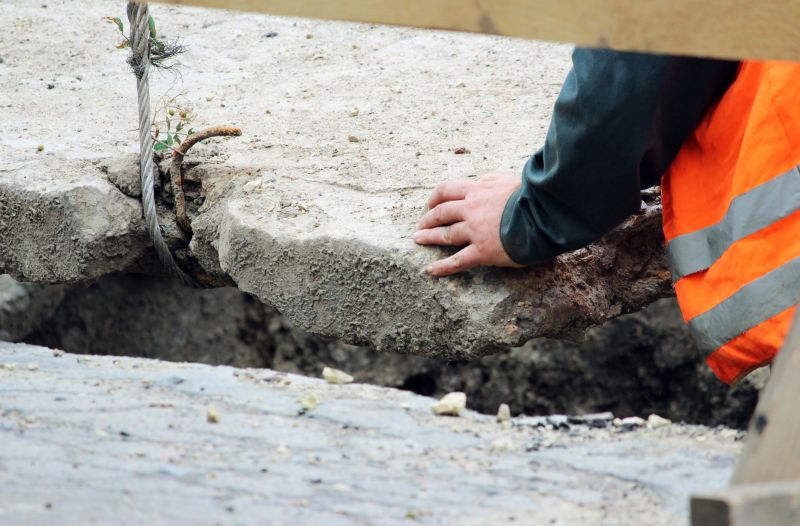
Ways to make Concrete Repairs work in tight or awkward layouts.
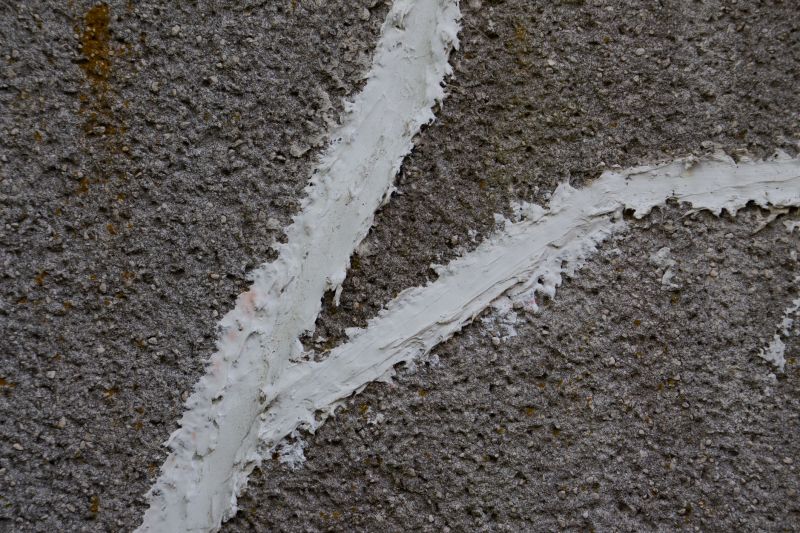
Popular materials for Concrete Repairs and why they hold up over time.
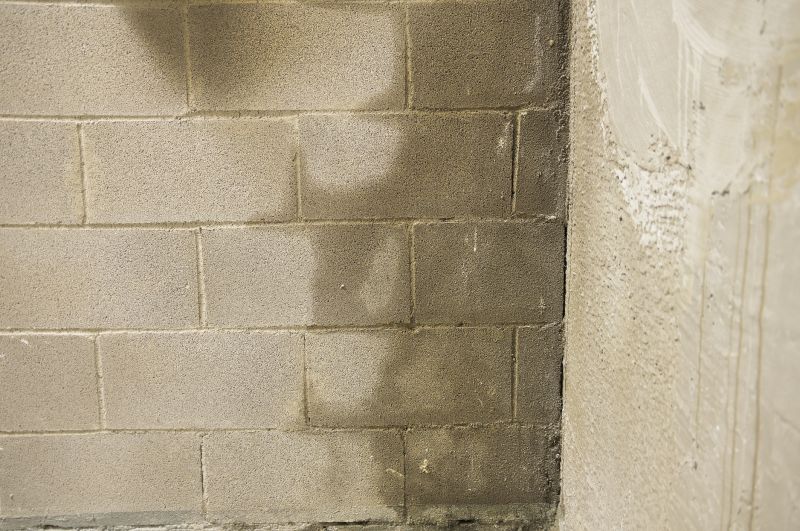
Simple add-ons that improve Concrete Repairs without blowing the budget.
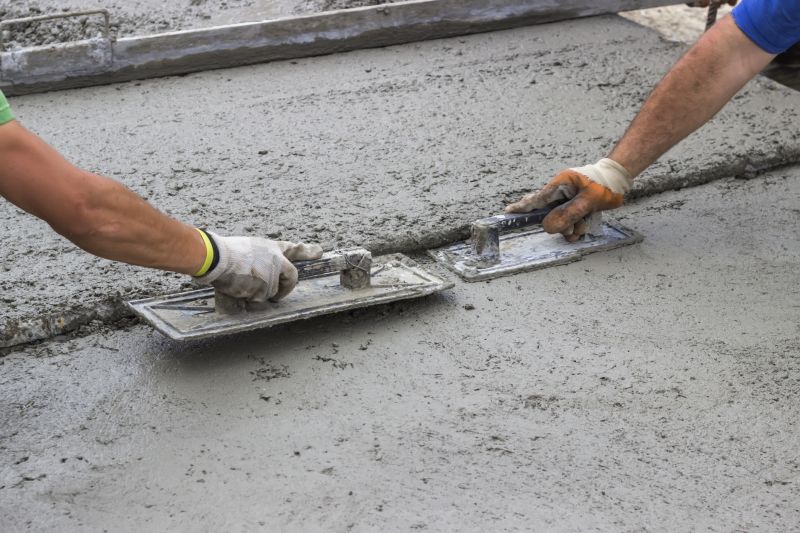
High-end options that actually feel worth it for Concrete Repairs.
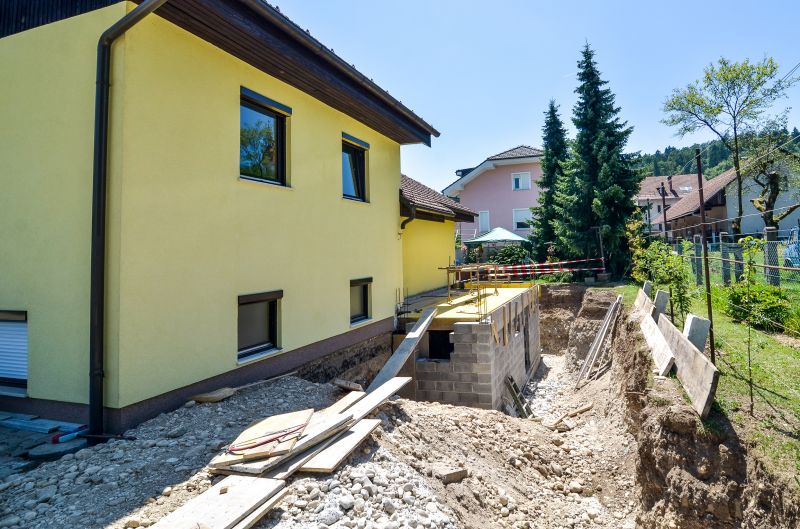
Finishes and colors that play nicely with Concrete Repairs.
Concrete repairs are essential for maintaining the structural integrity and appearance of various surfaces. Proper timing ensures optimal results and longevity. The best time to perform repairs typically depends on weather conditions, as temperature and humidity significantly impact curing and adhesion processes.
Statistics indicate that concrete repairs performed during moderate weather conditions tend to last longer and require fewer follow-up interventions. For example, repairs done in temperatures between 50 and 80 degrees Fahrenheit with low humidity show a success rate exceeding 90%. Avoiding extreme heat or cold minimizes the risk of cracks, surface deterioration, and improper curing, leading to better durability and cost savings.
Temperature fluctuations can cause concrete to crack or not cure properly, emphasizing the importance of choosing the right season.
Proper surface cleaning and moisture control are crucial before starting repairs, regardless of the season.
Surface patching is best in spring and fall, while structural repairs may require specific conditions.
Timing repairs correctly can extend the lifespan of concrete surfaces and reduce maintenance costs.
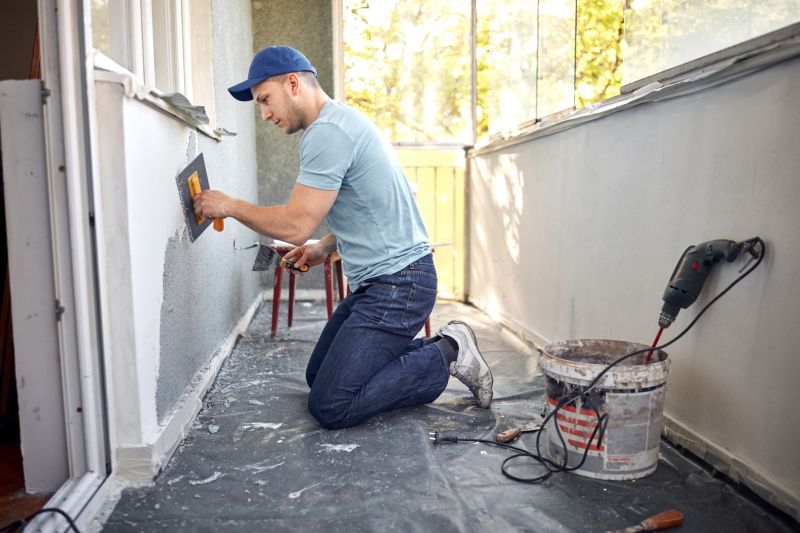
A technician applying patching material during optimal weather conditions.
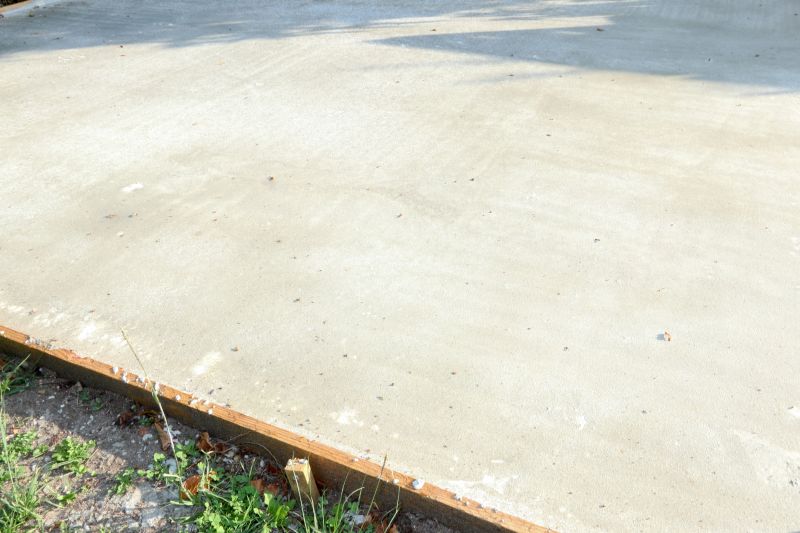
Cleaning and moistening the surface prior to repair application.
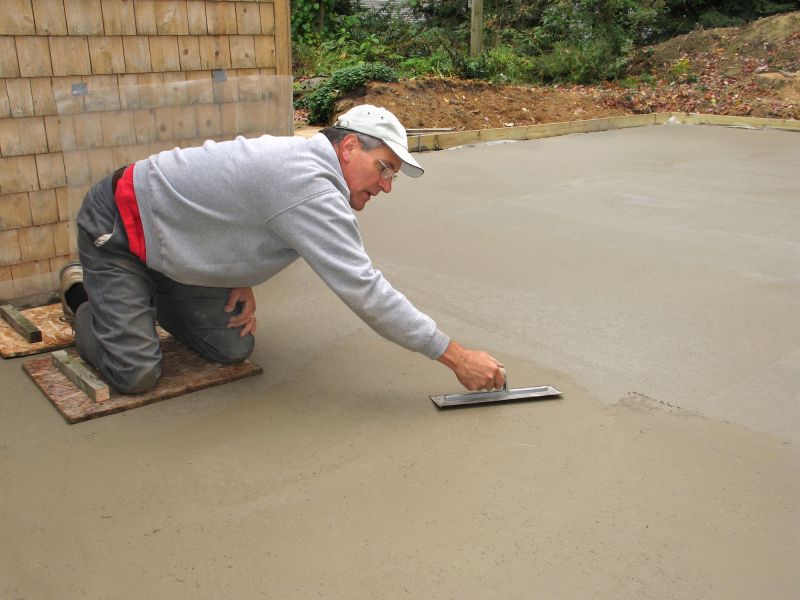
Proper curing techniques are essential for durability.
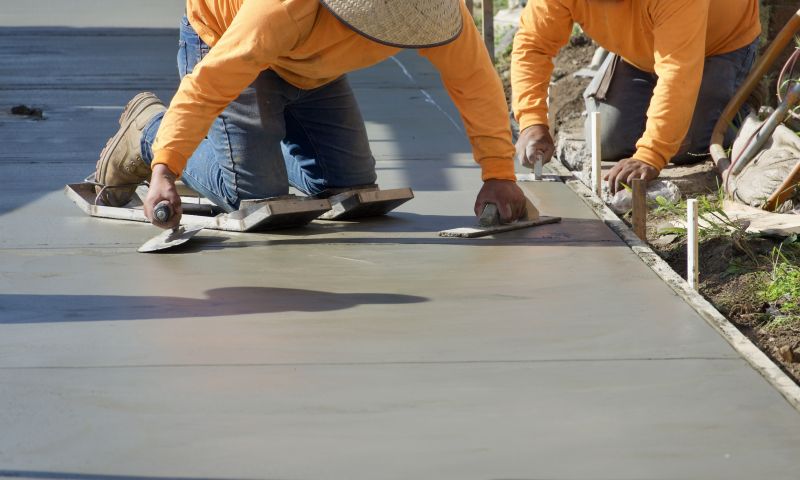
A smooth, repaired surface ready for use.
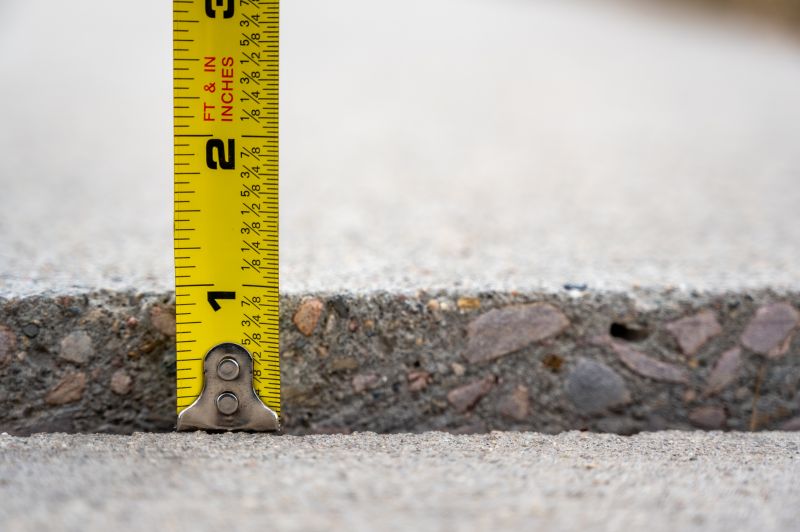
Little measurements that prevent headaches on Concrete Repairs day.
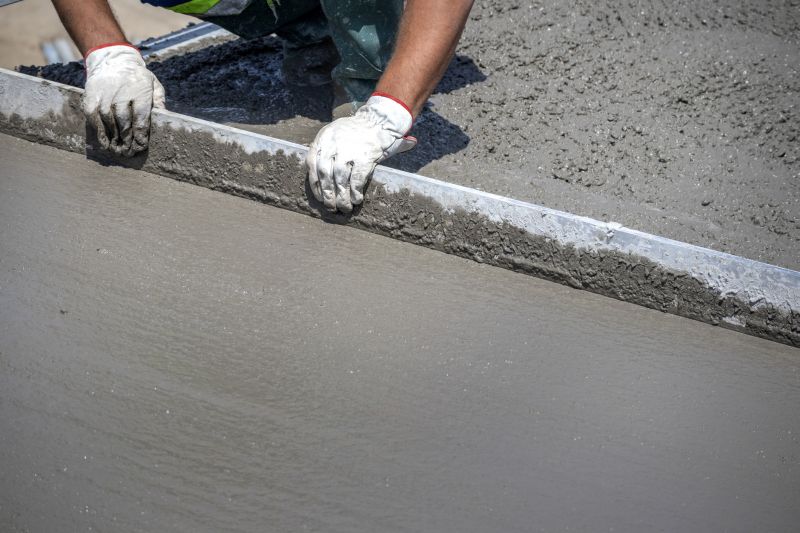
A 60-second routine that keeps Concrete Repairs looking new.
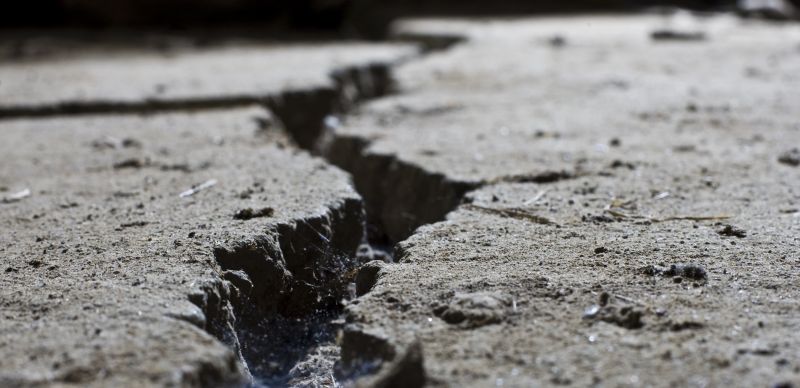
A frequent mistake in Concrete Repairs and how to dodge it.
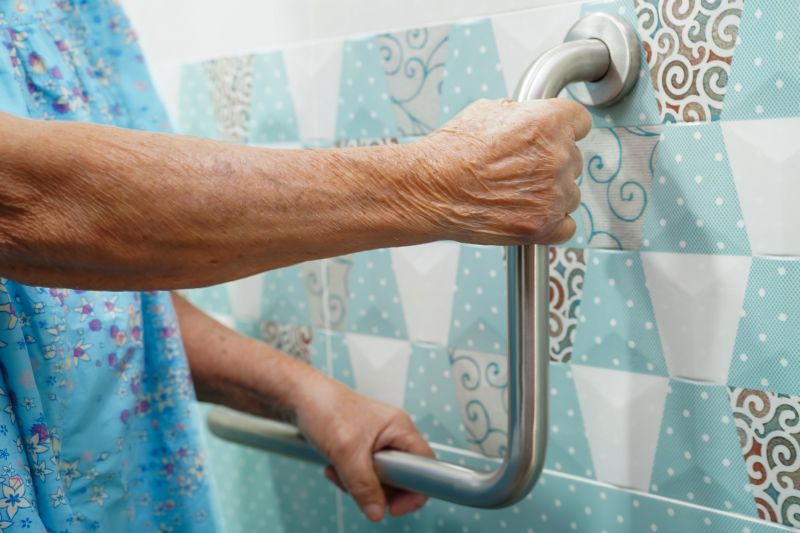
Small tweaks to make Concrete Repairs safer and easier to use.
| Season | Ideal Conditions |
|---|---|
| Spring | Moderate temperatures, low humidity, ideal for most repairs. |
| Summer | High temperatures; requires shading and water curing. |
| Fall | Cooler temperatures, stable weather, suitable for repairs. |
| Winter | Cold temperatures, high risk of cracking, generally not recommended. |
| Crestview, FL | Mild winters and warm summers influence optimal repair timing. |
Performing concrete repairs during the appropriate season can significantly enhance the longevity and effectiveness of the work. Consulting local weather patterns and preparing surfaces accordingly can prevent common issues such as cracking, scaling, and improper curing. Proper timing, combined with quality materials and techniques, ensures durable and lasting repairs.
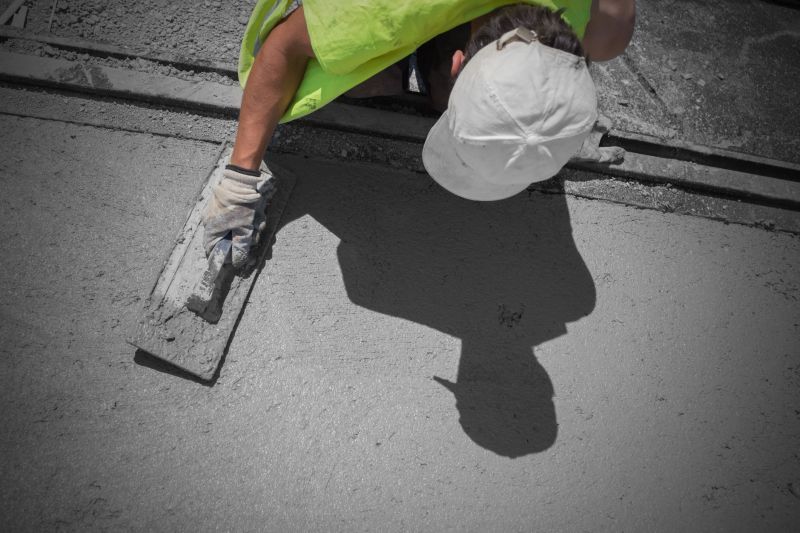
Technicians applying repair material during optimal weather conditions.
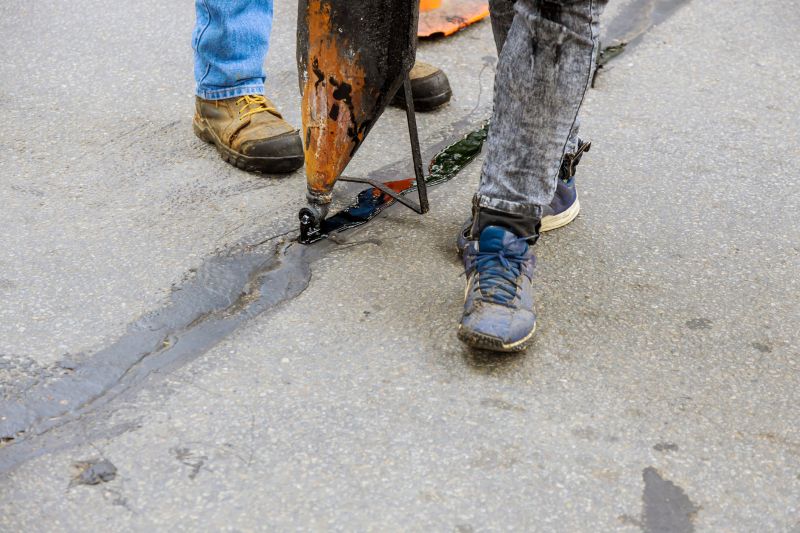
Proper curing techniques to ensure strength and durability.
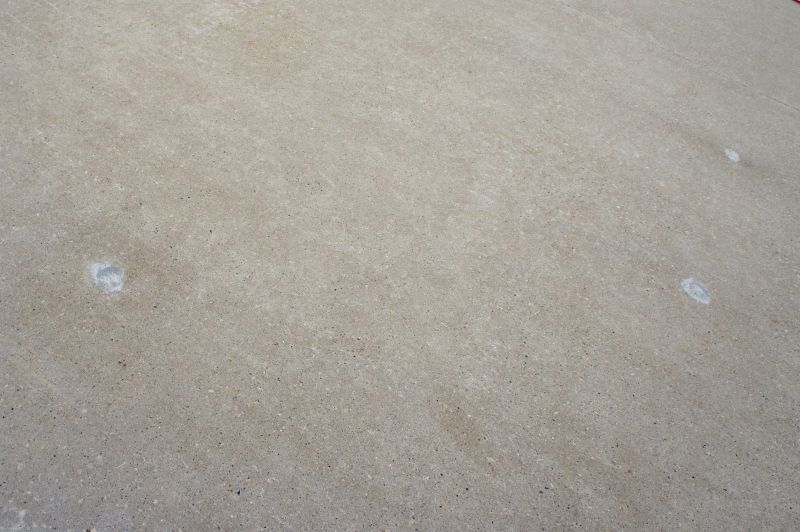
A restored surface ready for use.
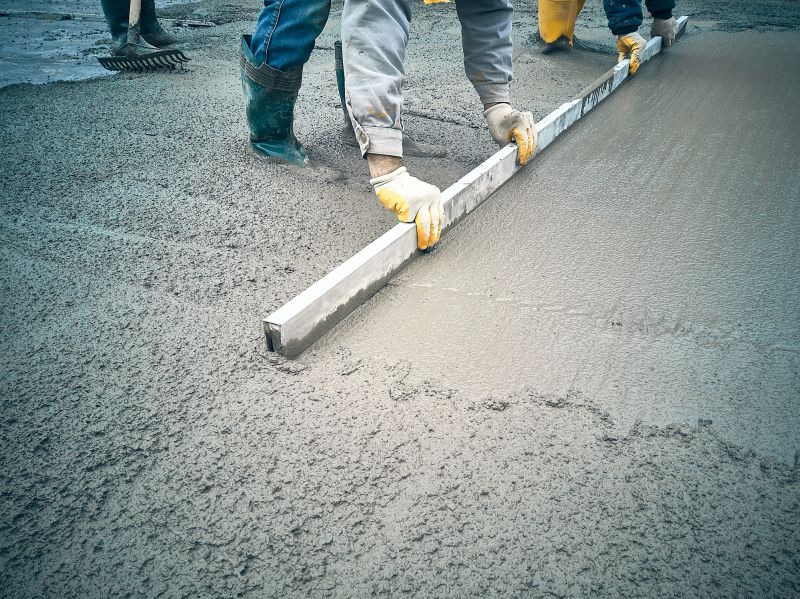
Regular inspections help identify the best timing for repairs.
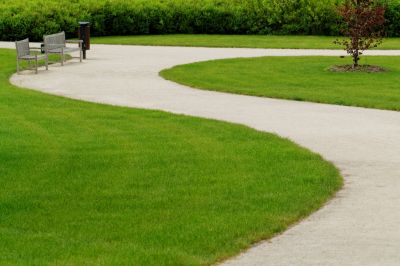
Lower-waste or water-saving choices for Concrete Repairs.
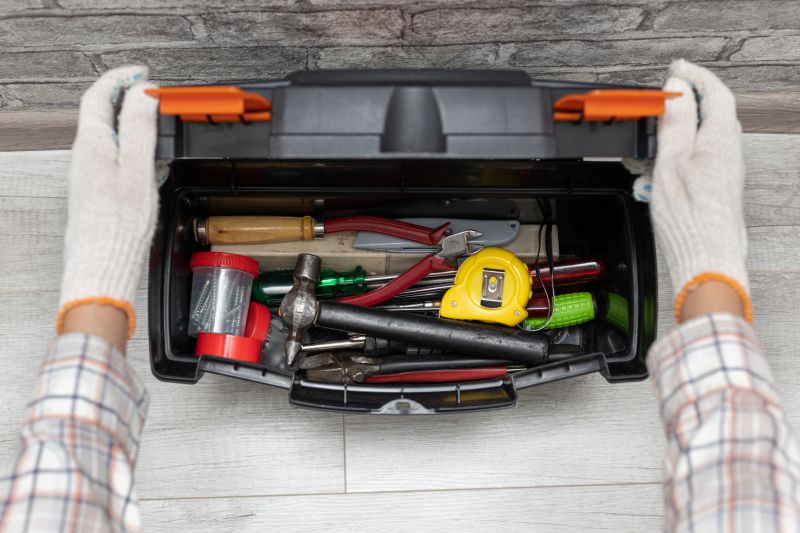
The short, realistic tool list for quality Concrete Repairs.
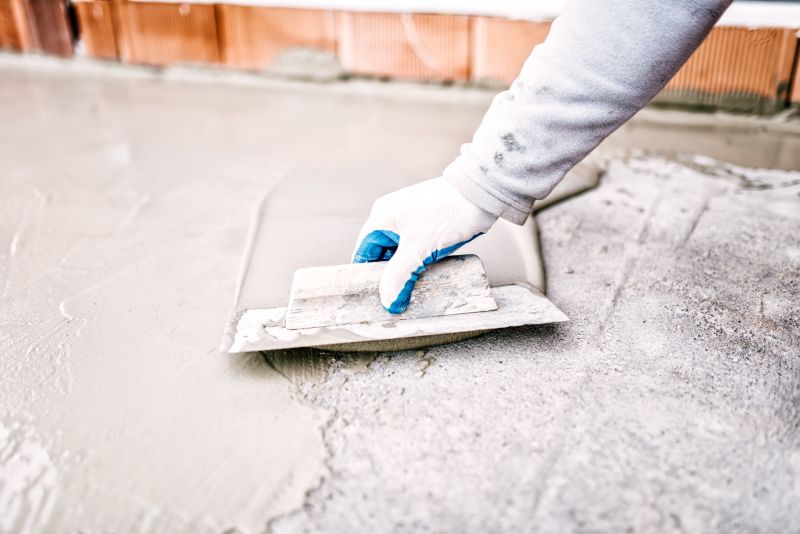
Rough timing from prep to clean-up for Concrete Repairs.
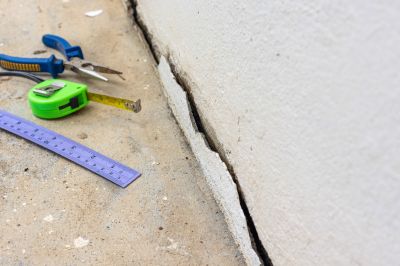
Quick checks and paperwork to keep after Concrete Repairs.
Interested in concrete repairs? Filling out the contact form can provide guidance on scheduling repairs during the most suitable season for optimal results and longevity.

